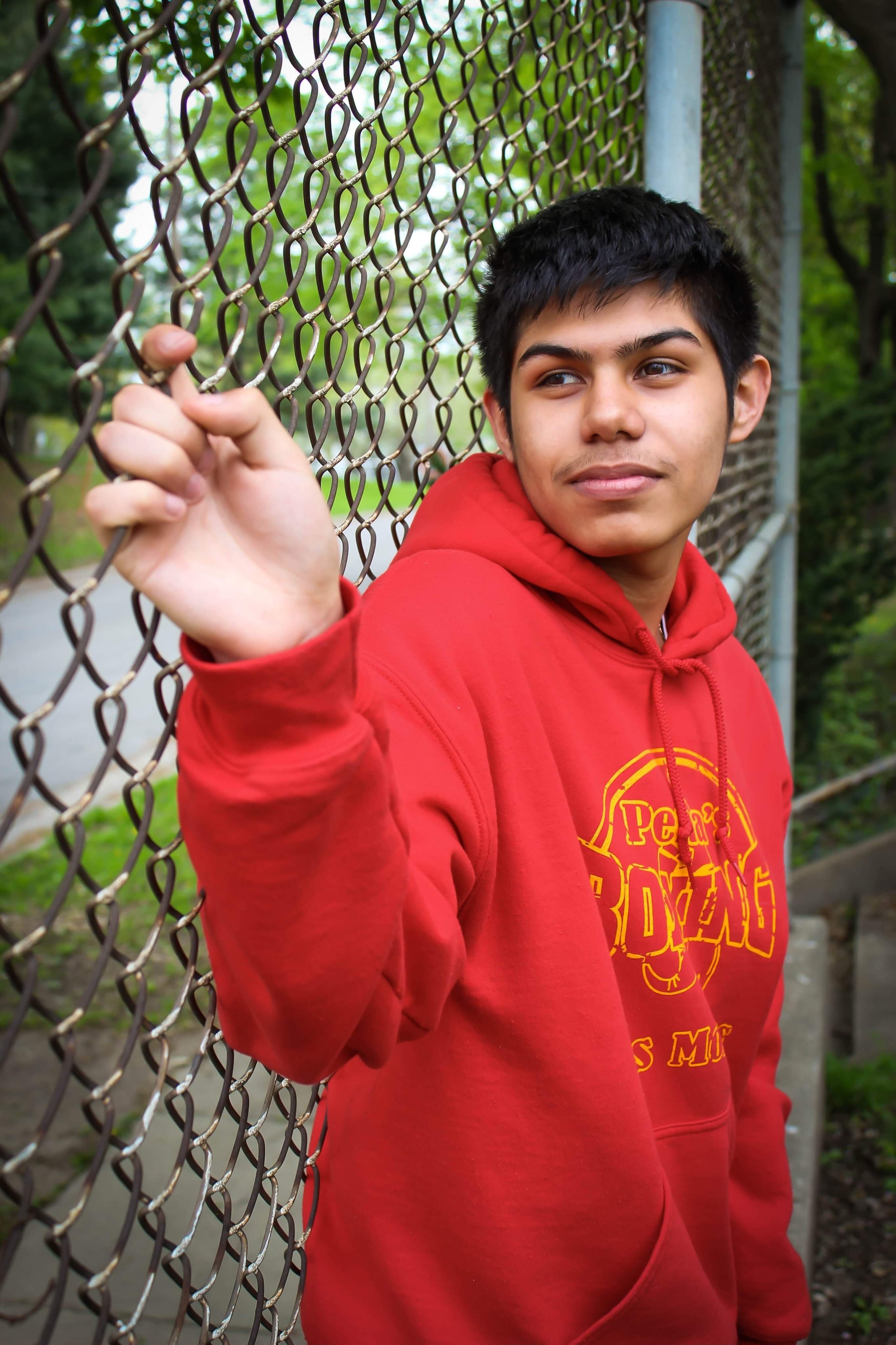
Like all teens, adopted adolescents are working to define themselves and find their place in the world. This process can be made extra challenging when a teen’s belonging within the community is challenged by political discourse. For example, imagine being a young adoptee from Central and South America and seeing images of people waiting to enter the U.S. at our Southern border. Imagine hearing pundits describe these individuals, many of whom are children, as “criminals…lazy.” Imagine hearing their presence described as “an invasion.”
Many adoptees are referred for therapy due to grief-related adjustment and/or complex trauma, but commonly overlooked are the stressful impacts of racism and discrimination, which ebb and flow in direct relationship to broader political discussions. Furthermore, some parents underestimate how the larger political conversations about immigration (and who is eligible for U.S. citizenship) can affect adoptees’ sense of safety in the world and perceived stability within the family.
Playground taunts of “go back” and threats of “deportation” have been reported to me in a therapeutic relationship with adoptees as young as 8. Such comments, almost universally yielded towards youth of the Latinx diaspora, not only prompt youth to question their status (and safety) within their community, but can also prompt questions of solidarity and “legitimacy” within the adoptive family. For those adoptees who need increased validation of family permanence, such comments strike at their core need for belonging.
During adolescence, social group identity increases in importance with heightened awareness of discrimination and “different-ness” for youth of color. In fact, learning to deal with prejudice is particularly important when adoptees belong to social groups that experience significant discrimination. Studies of transracially adopted adolescents and young adults have found that perceived discrimination is significantly associated with behavior problems and psychological distress.
Microaggressions are common and particularly painful because they reinforce a youth’s sense of being an “outsider” and increase the burden to explain oneself or family context. It is widely noted that people of color are often expected to be "spokespeople" for their racialized (social) group. If one lives in a community that is not diverse, this might happen to youth often. The reality of life as a racialized person in the U.S. also means understanding that typical teen behavior (like risk taking) is more likely criminalized for teens of color.
Some parents struggle with their own emotions regarding these issues and feel ill-prepared to engage in such conversations with their youth. But avoiding the political and historical rhetoric leaves youth on their own to navigate their place in the world. When conversations about racialized experiences are ignored or dismissed, youth generally try to handle their feelings in isolation, either to protect what they perceive as adults’ own fragility about such conversations or due to a perception (rightly or wrongly) that adults “don't get it.”
Exploring “tough” topics like racialized discrimination is a sacred opportunity to know yourself and your child more deeply. Though such conversations can engender many emotions, they provide a window into youth’s lived experiences and can promote family solidarity in the face of larger community divisions/tensions. Take some time to consider your own values, perspectives, and lived experiences as they frame how you interpret current political discourse. Then, take a deep breath, and explore where your child/teen may align with or depart from your perception.
When exploring racialized experiences within school, community, and larger political conversations, keep in mind the following:
- Reduce the expectation of eye contact. Any conversation that may trigger strong emotions is best held in spaces where eye contact is not assumed (e.g., during a car ride or neighborhood walk)
- Provide openings for youth to share his/her views:
- “I was reading about and was curious what you think.”
- “How do your friends talk about ?”
- “Wow there is a lot in the news right now about __________. How has __________been discussed in class?”
- “With all the talk about ___________, I was thinking about how this affects our family and people we care about.”
- Understand that sacred conversations are a process not an event
- Provide space to listen, not just lecture
- Just because youth don’t bring up racialized discrimination doesn’t mean they don’t think about it
- Your relationship provides the safe haven for youth to understand myriad feelings and complexities in their lives
Online Resources:
- Raising Race Conscious Children: http://www.raceconscious.org/
- Teaching Tolerance: Diversity, Equity, and Justice www.tolerance.org
- Supporting Conversations About Race: www.embracerace.org
- Center for Racial Justice in Education: http://centerracialjustice.org/
- We Need Diverse Books: www.diversebooks.org
- Pact – An Adoption Alliance for Children of Color: www.pactadopt.org
- Beyond Culture Camp: Adoption Institute: https://www.adoptioninstitute.org/wp-content/uploads/2013/12/2009_11_BeyondCultureCamp.pdf
Further Reading:
- Beyond Good Intentions (Cheri Register)
- Talking About Race: A workbook about white people fostering racial equity in their lives (Kaolin)
Samantha L. Wilson, Ph.D., IMH-E® IV
Dr. Wilson is a Clinical Psychologist and Associate Professor of Pediatrics at the Medical College of Wisconsin. In this role, she provides pre-adoption education, post-adoption assessment and child/family therapy within the adoption community. She has numerous publications regarding adoption, institutional care, attachment, and early child development.
















